- Your cart is empty
- Continue Shopping
I-tyza 200mg Capsules
₹236.25
Uses of I-Tyza 200 Capsule
- Treatment of Fungal infections
Introduction of I-tyza 200mg Capsules
I-tyza 200mg Capsules belongs to a group of medicines called antifungals. It works by stopping the growth of fungi and is used to treat infections of the mouth, throat, vagina, and other parts of the body including fingernails and toenails.
I-Tyza 200 Capsule should be taken in the dose and duration as prescribed by your doctor. It should be swallowed whole and can be taken with food. To get the most benefit, take this medicine at evenly spaced times and continue using it until your prescription is finished, even if your symptoms disappear after a few days. If you stop the treatment too early, the infection may return and if you miss doses you can increase your risk of infections that are resistant to further treatment.
The most common side effects of this medicine include nausea, dizziness, headache, vomiting, diarrhea, abdominal pain, constipation, and dyspepsia. You could ask your doctor about ways of preventing or reducing these effects. Get emergency medical help if you have signs of an allergic reaction like severe skin rash, tingling, difficulty breathing, swelling of your face, lips, tongue, or throat.
Do not take it if you are pregnant or could become pregnant unless your doctor has told you to. Talk to your doctor before taking this medicine if you have a history of heart failure, a weak immune system (including HIV/AIDS), kidney problems, or liver problems such as yellow skin (jaundice).
Benefits of I-Tyza Capsule
In Treatment of Fungal infections
Side effects of I-Tyza Capsule
Common side effects of I-Tyza
- Nausea
- Abdominal pain
- Headache
How to use I-Tyza Capsule
How I-Tyza Capsule works
Safety advice
Alcohol
Pregnancy
Breast feeding
Driving
I-Tyza 200 Capsule can sometimes cause dizziness, blurred/double vision or hearing loss.
Kidney
Liver


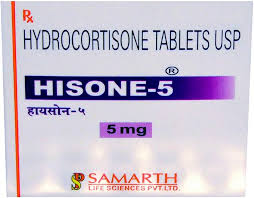

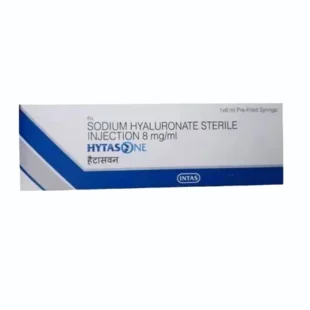




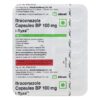
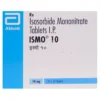
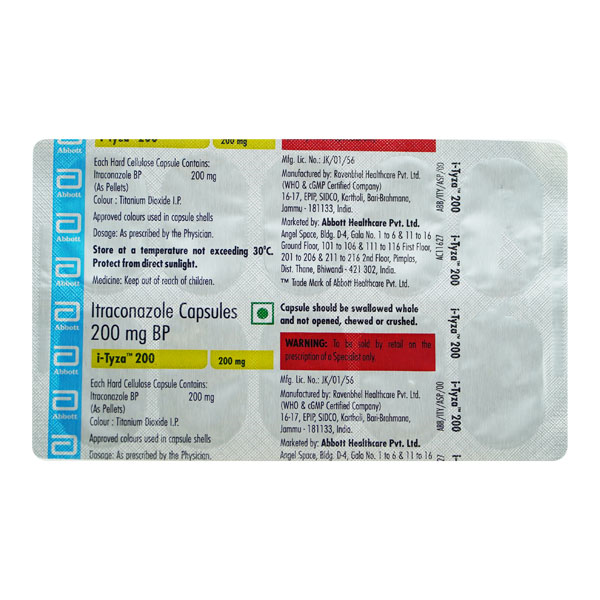
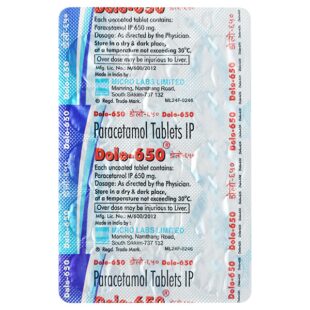



Reviews
There are no reviews yet.